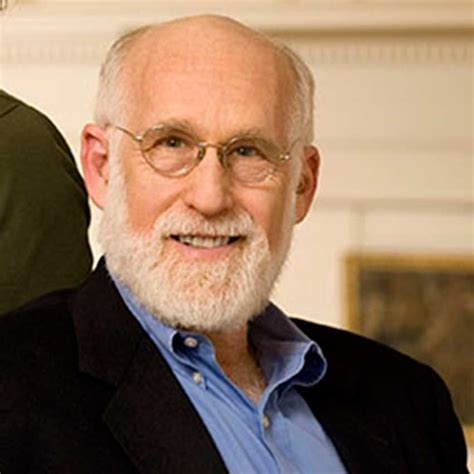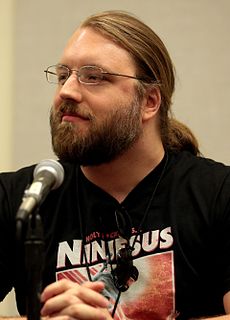A Quote by Victor Hugo
Have no fear of robbers or murderers. They are external dangers, petty dangers. We should fear ourselves. Prejudices are the real robbers; vices the real murderers. The great dangers are within us. Why worry about what threatens our heads or our purses? Let us think instead of what threatens our souls.
Related Quotes
There is no hate without fear. Hate is crystallized fear, fear's dividend, fear objectivized. We hate what we fear and so where hate is, fear is lurking. Thus we hate what threatens our person, our liberty, our privacy, our income, our popularity, our vanity and our dreams and plans for ourselves. If we can isolate this element in what we hate we may be able to cease from hating... Hate is the consequence of fear; we fear something before we hate; a child who fears noises becomes the man who hates them.
Worry is different from fear. If fear is like a raging fever, worry is a low-grade temperature. It nags at us, simmers in our souls, hovers in the back of our minds like a faint memory. We may fear certain realities, like death; we worry about vague possibilities. Worry distracts us more than paralyzes us. It is like a leaky faucet we never get around to fixing.
Absent geopolitical crises, the role of government policy isn't as big as people think in the short run. In the immediate term, the potential to ignite an escalating trade war without really intending to ought to be high on our list of US dangers as should dangers of popping credit bubbles either internationally or here at home.
Anger is a response that can lead to harm if we don't evaluate what we are upset about. Ask yourself what you are afraid of, as anger is almost always fear in disguise. If we think something or someone threatens us, we feel fear-fear that we are inadequate, that our lives are out of control, that things won't go our way. Then we fight. Find out what you're upset about. We rarely are upset for the reason we think.
God is dead. God remains dead. And we have killed him. How shall we comfort ourselves, the murderers of all murderers? What was holiest and mightiest of all that the world has yet owned has bled to death under our knives: who will wipe this blood off us? What water is there for us to clean ourselves? What festivals of atonement, what sacred games shall we have to invent? Is not the greatness of this deed too great for us? Must we ourselves not become gods simply to appear worthy of it?
There are two gods. The god our teachers teach us about, and the God who teaches us. The god about whom people usually talk, and the God who talks to us. The god we learn to fear, and the God who speaks to us of mercy. The god who is somewhere up on high, and the God who is here in our daily lives. The god who demands punishment, and the God who forgives us our trespasses. The god who threatens us with the torments of Hell, and the God who shows us the true path.
There are two gods. A god who casts us off because of our sins, and a God who calls to us with His love.


































